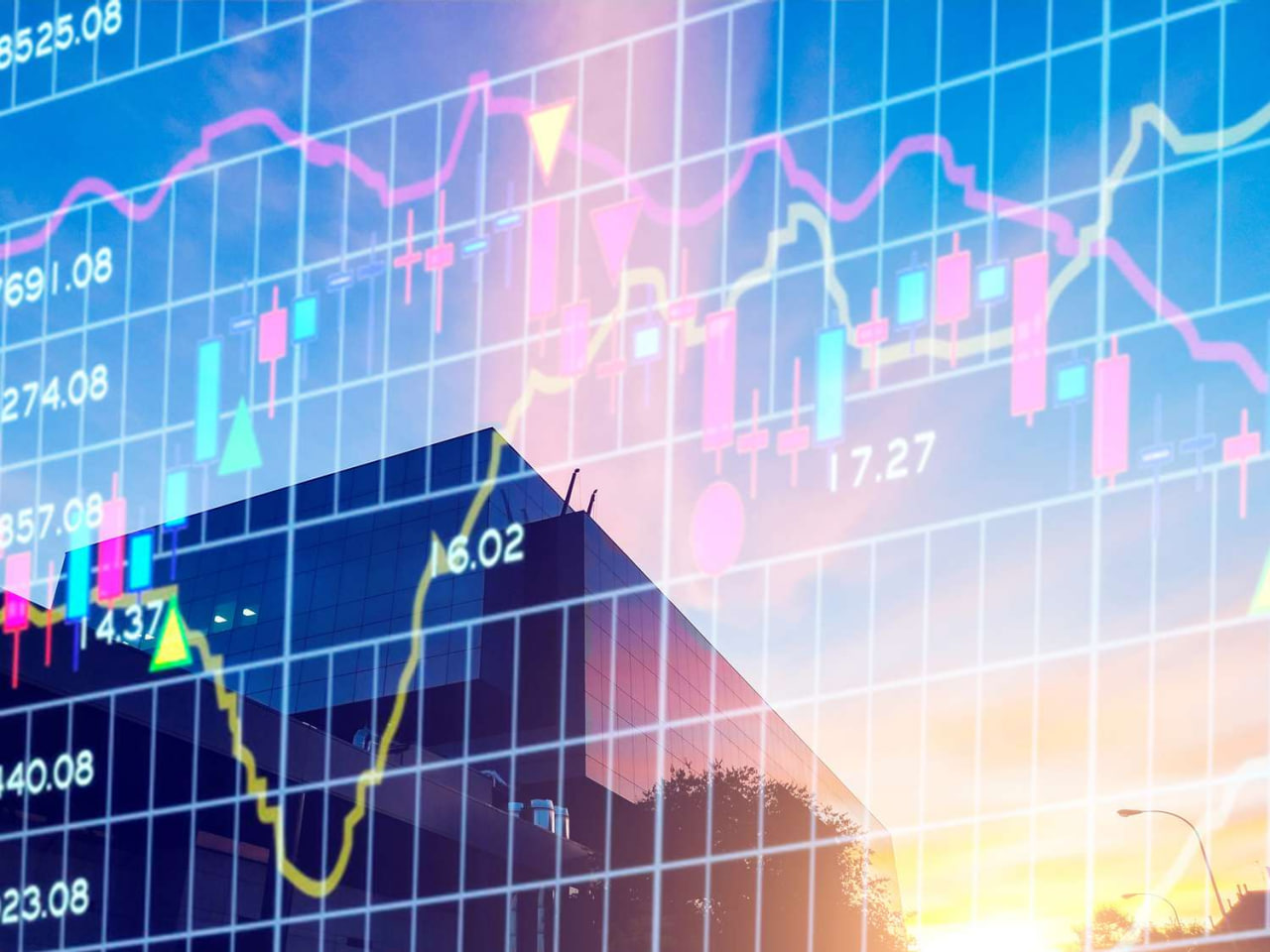Putin's Ruble Pivot: Navigating the Shifting Sands of Russian Gas Payments (Meta Description: Deep dive into Putin's latest decree on natural gas payments in rubles, exploring its implications for global energy markets, geopolitical stability, and the future of international finance. Includes expert analysis and insights.)
Are you ready for a rollercoaster ride through the complex world of international finance and geopolitics? Buckle up, because Putin's recent decree on natural gas payments is anything but straightforward. This isn't just about rubles and gas; it's a seismic shift in global power dynamics, a masterclass in economic leverage, and a potential game-changer for the future of international trade. This isn't some dry economics lecture; we're going to dissect this decision, layer by layer, exploring the intricacies, the implications, and the potential consequences – all with a healthy dose of real-world context and some plain-speaking analysis you won't find anywhere else. We’ll be peeling back the layers of this onion, revealing the motivations, the risks, and the potential windfalls for various players in this high-stakes game. Get ready to unravel the mysteries behind this bold move, understand the ripple effect it's causing across global markets, and gain a deeper understanding of the evolving geopolitical landscape. We'll explore the impact on European energy security, the potential for further economic sanctions, and the broader ramifications for the global financial system. Forget the jargon-heavy reports; this is your down-to-earth guide to understanding one of the most significant economic maneuvers of our time. Trust me, this is a story that will keep you on the edge of your seat.
Ruble Payments for Russian Natural Gas: A Deep Dive
President Vladimir Putin's recent amendment extending the ruble payment mechanism for Russian natural gas until April 2025 has sent shockwaves through global energy markets. This isn't a simple extension; it's a calculated strategy with profound implications for Russia, Europe, and the global economy. The initial decree, implemented in March 2022, was a bold move designed to counter Western sanctions imposed after the invasion of Ukraine. But this extension suggests a far more entrenched strategy, a long game played to reshape the global financial order.
This wasn't some knee-jerk reaction; it was a meticulously planned maneuver. Think about it: Russia, a major energy supplier, demanding payment in its own currency. That's leverage, pure and simple. It's a strategy that forces European buyers to navigate a complex web of currency conversions, potentially bolstering the ruble and undermining the dominance of the dollar and euro.
The implications are multifaceted and far-reaching. Let's break it down:
Geopolitical Ramifications:
-
Weakening the West: The ruble payment mechanism is a direct challenge to the Western-dominated global financial system. By demanding ruble payments, Russia is actively seeking to bypass sanctions and strengthen its own currency. This is a potent geopolitical statement, subtly undermining the effectiveness of sanctions and challenging the established financial order.
-
Energy Security Concerns: For European nations heavily reliant on Russian natural gas, this creates a significant energy security concern. The reliance on a single supplier, coupled with the complexities of ruble transactions, leaves them vulnerable to price manipulation and potential supply disruptions. It’s a classic case of “dependency breeds vulnerability.”
-
Increased Tensions: This move further escalates tensions between Russia and the West, adding another layer of complexity to an already volatile geopolitical landscape. Expect more diplomatic maneuvering and potential retaliatory measures from the European Union and the United States.
Economic Implications:
-
Ruble Stabilization: The demand for rubles to purchase natural gas has, to some extent, bolstered the Russian currency, mitigating the impact of Western sanctions. While not a complete insulation, it's a significant counter-measure. However, the long-term effects are still debated.
-
Impact on Global Energy Prices: The ruble payment mechanism has introduced additional volatility into already volatile energy markets. Uncertainty surrounding payment processes and potential supply disruptions have contributed to price fluctuations, impacting consumers and businesses worldwide.
-
Financial System Disruption: The complexity of the ruble payment system has the potential to disrupt the smooth functioning of international trade and finance. The need for intricate currency conversions and the risk of sanctions violations create additional hurdles for businesses involved in the energy sector.
The European Response:
The European Union has responded with a mix of strategies, including diversification of energy sources and efforts to reduce reliance on Russian gas. However, complete independence from Russian energy is a long-term goal, and the immediate impact of Putin's decree remains significant. Many European countries have been caught in a difficult position, needing to balance their energy needs with geopolitical concerns. It's a tightrope walk, to say the least.
Long-Term Perspectives:
The extension of the ruble payment mechanism until April 2025 suggests that Russia is committed to this strategy as a long-term tool. This move is not just about immediate economic gain; it's about reshaping the global financial landscape and challenging the dominance of Western currencies. The long-term consequences remain to be seen, but one thing is clear: this is a significant shift in the global energy and financial order. The reverberations will be felt for years to come. It’s a bold gamble, a power play, and a significant realignment of global energy economics.
Frequently Asked Questions (FAQs):
- Q: Why is Russia insisting on ruble payments for natural gas?
A: Russia's insistence on ruble payments is a multifaceted strategy. Primarily, it's an attempt to circumvent Western sanctions and bolster its own currency. It also serves as a demonstration of Russia's growing economic independence. It’s a power move, plain and simple.
- Q: What are the risks for European countries accepting ruble payments?
A: Accepting ruble payments exposes European countries to potential sanctions violations and exposes them to the volatility of the ruble. It also raises concerns about Russia's potential use of energy as a political weapon. It's a risky game with high stakes.
- Q: How is this impacting global energy prices?
A: The uncertainty surrounding ruble payments has contributed to increased volatility in global energy markets. The added complexity and potential for disruptions have led to price increases and heightened market unpredictability. It's a classic case of supply and demand, complicated by geopolitical factors.
- Q: What are the alternatives for European countries?
A: European countries are actively seeking alternatives to Russian gas, including diversifying their energy sources, investing in renewable energy, and improving energy efficiency. But this is a long-term process, and immediate alternatives are limited.
- Q: What is the long-term outlook for this situation?
A: The long-term outlook is uncertain. The success of Russia's strategy depends on various factors, including the effectiveness of Western sanctions, the resilience of the European economy, and the willingness of other countries to adopt similar payment mechanisms. It's a complex equation with many variables.
- Q: Could this lead to further escalation of geopolitical tensions?
A: Absolutely. The ruble payment mechanism is a significant escalation of the economic conflict between Russia and the West, and it's likely to lead to further diplomatic maneuvering and potential retaliatory measures. It's a powder keg waiting to explode.
Conclusion:
Putin's extension of the ruble payment mechanism for Russian natural gas is a pivotal moment in the ongoing geopolitical and economic struggle. It's a bold move with far-reaching implications, reshaping the global energy landscape and challenging the established financial order. While the immediate consequences are clear, the long-term effects remain uncertain, requiring close monitoring and careful analysis. This isn't just a story about energy; it's a story about power, influence, and the future of the global financial system. The game is far from over.



